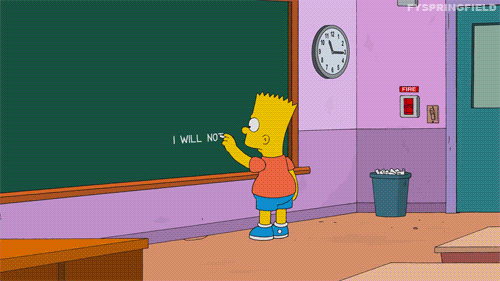 |
| Kolb's Cycle of Experiential Learning |
Healey and Jenkins (2000) state "The different stages of the cycle are associated with distinct learning styles. Individuals differ in their preferred learning styles, and recognizing this is the first stage in raising students' awareness of the alternative approaches possible" (p 185). Learning can be through feeling, watching, thinking and/or doing. Each of these associate with the Kolb's model above. It is also fairly similar to the model presented by Osterman and Kottkamp (2015). The Outlife website on experiential learning theory assisted in breaking these down ways that you grasp experience and ways that you transform experience.
Concrete Experience - Feeling
The purpose of my doing this course was to further my digital teaching and learning abilities, to support me in my role of PLG leader in this area. While I have a lot of experience in using digital technology the research involved in this course as well as the connections and resources, I was hoping, would allow me to progress it further and be of more use to myself in the classroom and in supporting others to better utilise it in theirs.
Reflective Observation - Watching
The ability to work face to face for the first 16 weeks and then online but remain linked through social media platforms such as MeWe has means that there is always someone to bounce ideas off. Having 2 other members of my school staff being part of the learning experience has also been very beneficial for me. The interpretations of readings and discussing these in any forum has probably provided the best support and information. It has also reiterated to me how much I myself enjoy a collaborative approach and provided some meaningful ways of incorporating this into the classroom, with more use of technology.
Abstract Conceptualisation - Thinking
Throughout this course we have been presented with many different theories relating to learning, leadership, researching and reflection. All of these can be applied to not only our learning experience, but also that of the students in our class. It has provided me with the opportunity to remember what it is like to be a learner as well as a leader in a more traditional sense. Something that perhaps we all need a reminder of at times. One of the biggest things that I was aware of at some level but this has brought home to me further, is that of the digital divide. We use computers in our classroom every day with the expectation that our students know what they are doing, but in actual fact they don't always as they have not been taught. I have also been reminded that while I feel I am proficient in using ICT, others may not. Everyone is at different stages in their journey and needs support in getting to the next.
Active Experimentation - Doing
The decision to study... well I do not regret this. In fact I am now looking at doing further study. This has shown me that I am capable of doing it and it has provided me with more empathy towards my students and their workload. The concept of student agency has arisen a number of times and I have already started implementing a different strategy with my senior class when it comes to accountability and ownership of what they are doing.
I am also trying different methods of working collaboratively in my classes. The first trials I did in my class were with senior students and I saw the potential. Now I am trying it with the juniors. The way it introduced and managed is different with the year groups but I can see the value in starting now.
The Learning Wave
This image depicts the journey well. It has had its ups and downs but overall there has been a lot of growth. In initial introduction, trust building and reflection, is vital and something that we see in the classroom everyday, reinforcing what education is moving more and more towards, RELATIONSHIPS!
References
Healey, M., & Jenkins, A. (2000). Kolb's experimental learning theory and its application in geography in higher education. The Journal of Geography, 99(5), 185. Retrieved from https://search.proquest.com/docview/216829134?accountid=196279
Kolb, D. A. 1984. Experiential Learning: Experience as the Source of Learning and Development. Englewood Cliffs, New Jersey: Prentice-Hall.
Osterman, K. F., & Kottkamp, R. B. (2015). Reflective practice for educators : professional development to improve student learning.(2nd ed.) New York: Skyhorse Publishing.
Outlife (n.d.) About Experiential Learning. Retrieved from https://www.outlife.in/experiential-learning.html
Images
Outlife (n.d.) The Learning Wave accessed from https://www.outlife.in/experiential-learning.html
Outlife (n.d.) Kolbs Learning Cycle accessed from https://www.outlife.in/experiential-learning.html







